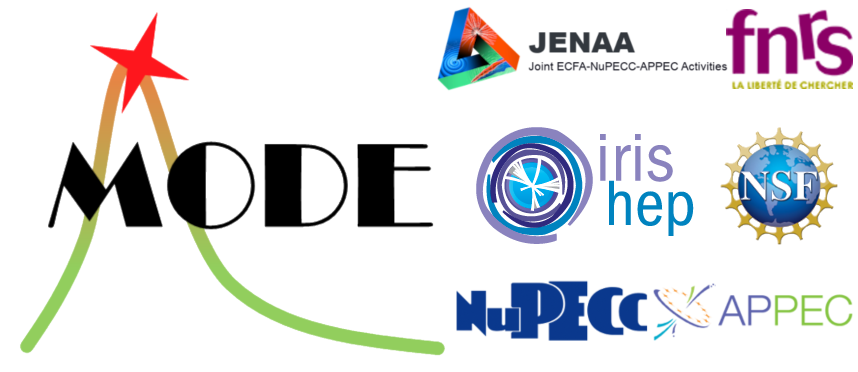Speaker
Description
Historically driven by expert knowledge and intuition, experiment design is nowadays (partially) automated by software able to simulate and optimize the properties of complex setups. Beyond tinkering with some parameters, current tools can navigate a vast space of configurations. Gravitational wave detectors, the focus of this work, are a good example, as they can be encoded in a two-dimensional lattice of optical elements. By optimizing the position and properties of the elements, one can find highly sensitive, often counterintuitive, designs. This approach, while powerful, is nonetheless limited by the computational cost of the simulations. To overcome this bottleneck, we developed neural models that emulate the behavior of the systems, providing solutions much faster than classical simulators. In my presentation I will show the advantages and disadvantages of differentiable learned simulators vs physics-based simulators.
